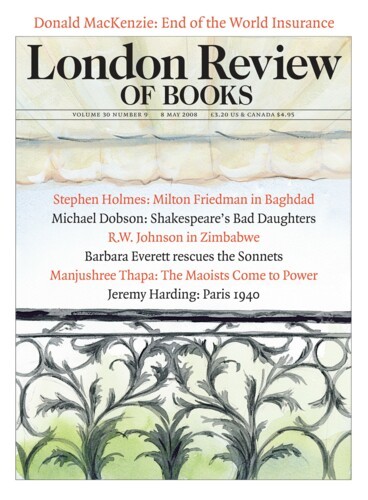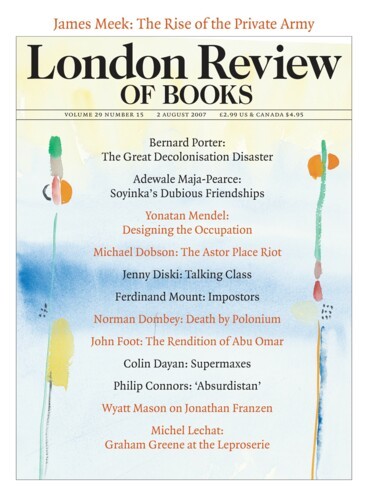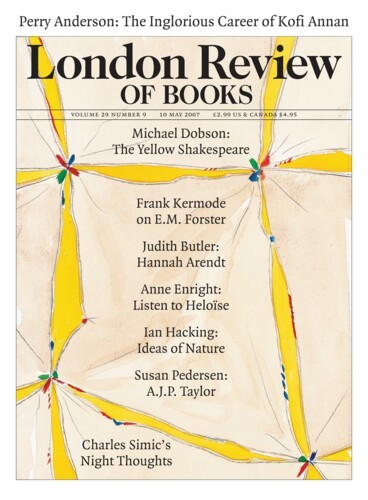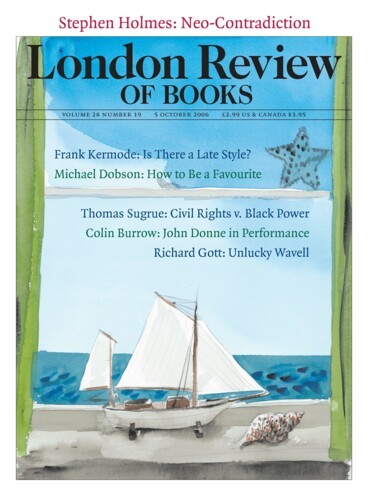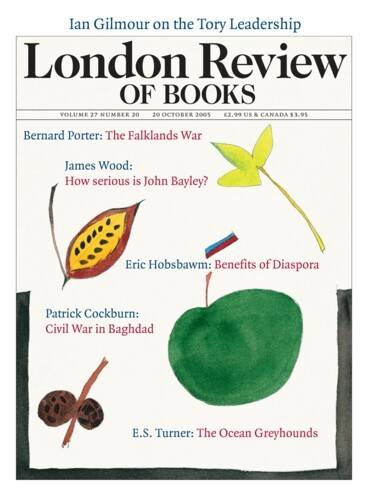During 2005, while Nigel Cliff was writing his wonderful book about the Astor Place riot, I too visited a couple of the archives he consulted, namely the New York Public Library for the Performing Arts and the New York Historical Society. Long fascinated by the events of 10 May 1849, I couldn’t leave Manhattan without making a pilgrimage to Astor Place. But I could find no memorial to the 26 people killed in one of New York’s bloodiest episodes; nor was there any mention of the two actors, the American Edwin Forrest and the Englishman William Charles Macready, whose long-smouldering rivalry as to whose was the greatest Macbeth of the age had culminated in clashes between a 15,000-strong mob and a detachment of the National Guard.
The Shakespeare Riots: Revenge, Drama and Death in 19th-Century America by Nigel Cliff. During 2005, while Nigel Cliff was writing his wonderful book about the Astor Place riot, I too visited a couple of the archives he consulted, namely the New York Public Library for the...
